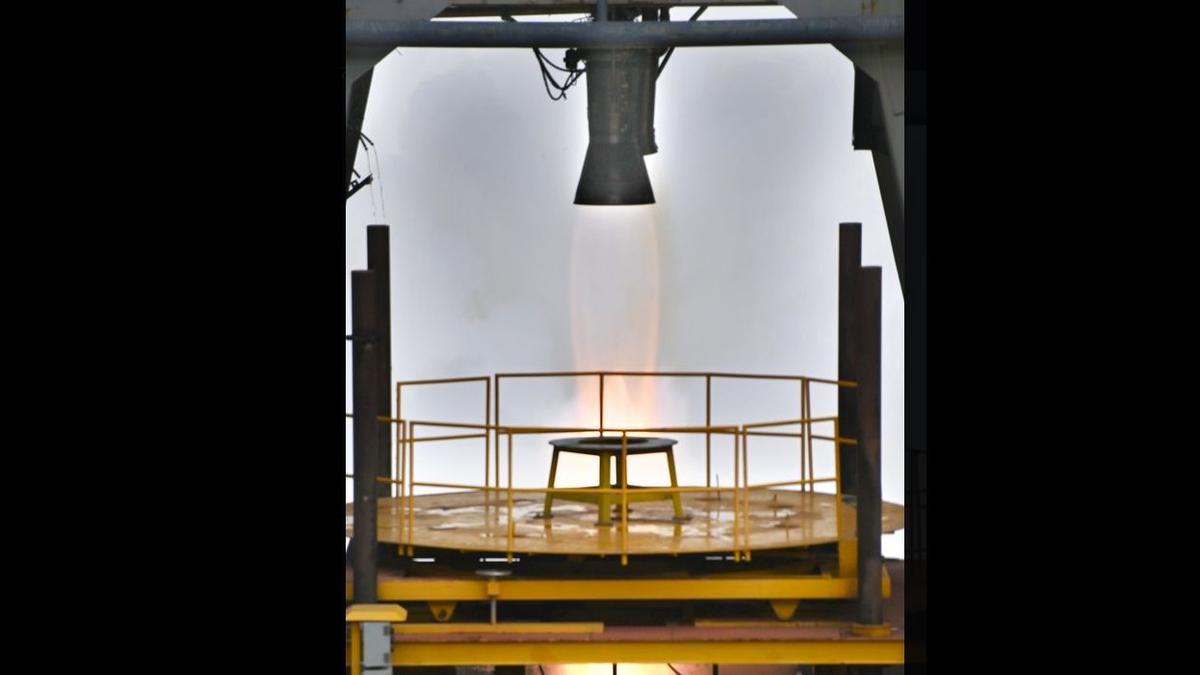
ISRO carries out demonstration of restarting Vikas liquid engine
The Hindu
ISRO successfully restarts Vikas engine, marking milestone in stage recovery and reusability for future launch vehicles.
The Indian Space Research Organisation (ISRO) has successfully carried out a demonstration of restarting its Vikas liquid engine at a test facility at Propulsion Complex in Mahendragiri, the space agency said on Saturday (January 18, 2025).
The space agency said the Vikas engine is the workhorse that powers the liquid stages of its launch vehicles.
This test on January 17 marks a milestone in the development of technologies for recovery of stages, leading to reusability in future launch vehicles, according to an ISRO statement.
A series of tests are being carried out to validate the restarting of the engine under different conditions.
"In this test, the engine was fired for 60 seconds after which it was shut-off for a period of 120 seconds followed by restart and firing for seven seconds duration. All engine parameters during the test were normal and as expected," the ISRO said.
Previously, a shorter duration restart was carried out successfully in December 2024 with a shut-off time of 42 seconds and firing duration of seven seconds each.
Further tests are planned in coming days to optimise the performance of the engine under restart conditions, the statement read.

Emphasising the need for India to address flavoured smokeless tobacco with stronger regulation, the authors recommended a ban on use of flavours such as menthol to reduce the appeal of smokeless tobacco and introduction of stricter rules for loose SLT, which currently escapes many regulatory measures.

The government of Karnataka had issued an order in 2021-22 granting 730 days’ CCL to women employees, in the cases of those with physically and mentally challenged children, subject to certain conditions. It also announced CCL for other women government employees for a total period of six months (180 days), in addition to the existing maternity leave.

Project Raptor Watch 2.0 by Madras Naturalists’ Society has spread its wings and achieved elevation. Among the exercises that have taken substantial shape are: the data-driven study of Peregrine falcons in markedly urban sites and a close look at the fluctuating Black kite population around the Perungudi dump site and the breeding patterns of the Red necked falcon















